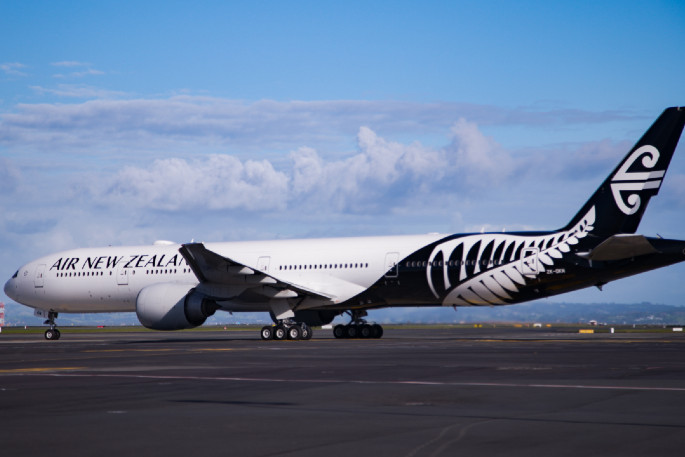This Content Is Only For Subscribers
The NZ Airports Association is calling for the introduction of domestic airfare and airline performance monitoring to provide greater transparency for consumers, amid record high domestic airfares.
“This week’s data from Stats NZ shows domestic airfares were again adding to the cost of living crisis for Kiwis, increasing 7.4 per cent in February compared to January 2024,” says chief executive Billie Moore.
“Air New Zealand has upped its domestic airfares yet again, as well as increasing the cost of add-ons such as bag check by $10. It’s flagged that other costs, like checking in your pet, could also be in for a future price hike.
“This is incredibly difficult for domestic and regional travellers. They’re already frustrated about how much they’re having to pay to fly, as well as high cancellation rates for Air New Zealand in some regions.”
Air New Zealand hiked its average domestic network airfares by $51 to $200 per one-way airfare for the year ending September 2023, a 34 per cent rise on the previous year. But some passengers will be forced to pay more than this. For example, a return airfare from Tauranga to Nelson this weekend can cost as much as $1160 if you want to check a bag.
“Air New Zealand is busy blaming Auckland Airport for cost increases when it’s their own record-high domestic airfares and cost add-ons that are driving up the cost of domestic travel for consumers. Airport charges only make up a fraction of a ticket,” says Billie.
“With 86 per cent of market share, our domestic monopoly airline essentially dictates the price, routes and flight schedule available to regional New Zealanders. Things are likely to get even harder with Air New Zealand’s aircraft shortage and engine maintenance issues.”
New Zealand has the least competitive domestic aviation market in the world with Air New Zealand controlling 86 per cent of the market. The second least competitive country is Bolivia where one airline holds 84 per cent, followed by Turkey where one airline holds 69 per cent of the market, followed by Argentina and Nepal with one airline in each country holding a 67 per cent share, a release from NZ Airports Association shows.
“The Australian Government is shining a light on competition because it regards its airline market as highly concentrated, with the Qantas Group holding 61 per cent of the domestic market – low compared to Air New Zealand’s share of ours,” says Billie.
“Australia’s Competition Taskforce has found that fares reduce by 29 per cent when a second airline is on a route. Prices reduce by a further 31 per cent if there is a third airline operating.
“Consumers pay less than half of the monopoly price on a given route if three airlines are competing against one another.
“In New Zealand there has been no policy effort to create the conditions for greater market competition in air passenger transport. And unlike in Australia and other developed countries, there is no transparent airfare and market performance monitoring in New Zealand to support consumers paying a fair price. This kind of transparency is essential in monopoly conditions.
“The Government has the tools to take action. The legislative work is already done – the new Civil Aviation Act 2023 provides the Ministry of Transport with the information-gathering power to set up an independent airfare monitoring process.
“Let’s start now to ensure we have appropriate scrutiny on airline performance and pricing and consumers can see for themselves if they are getting a fair deal, now and in the future.”
Inside Tourism reached out to Air New Zealand, who said: “the infare data quoted is incomplete and not reflective of Air New Zealand pricing because it doesn’t include online and Grabaseat bookings”.
“Other domestic airlines in New Zealand are facing the same cost increases and are having no choice but to increase fares,” says a statement from the airline.
“Our February domestic fares were up two per cent year on year, which is below inflation and the increases we’ve seen in our operating costs,” says Air New Zealand general manager domestic Iain Walker.
“That’s why we’re taking steps to ensure our fares cover the cost of travel so we can continue to fly Kiwis across the country.
“It’s also why we – and our competitor airlines – are so concerned about the Auckland Airport redevelopment, which will see charges increase from $9 per domestic passenger today to $46 in 2032.”



